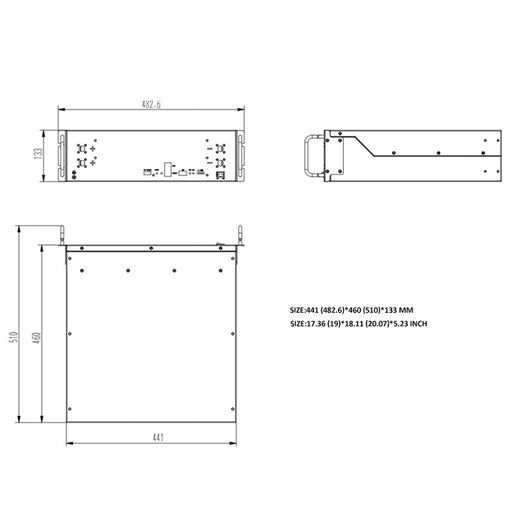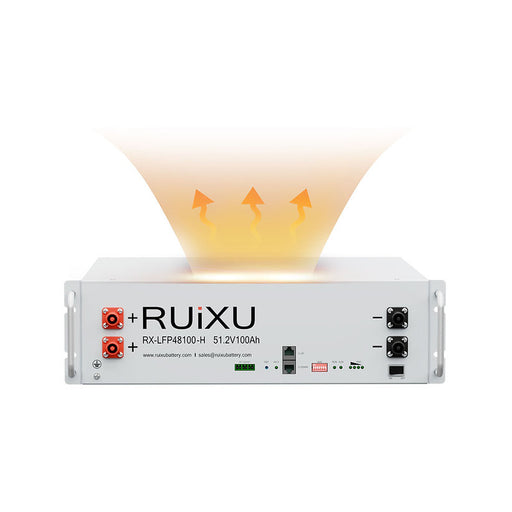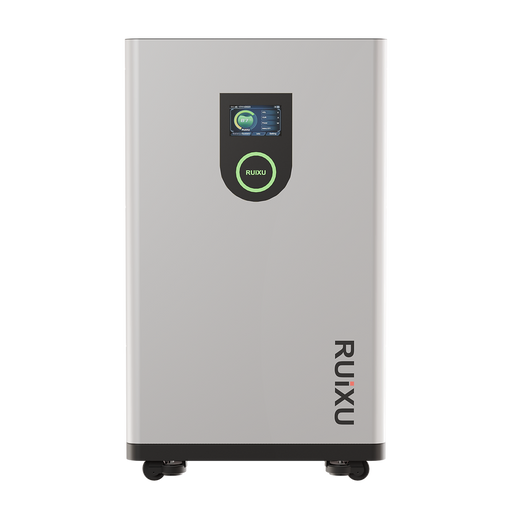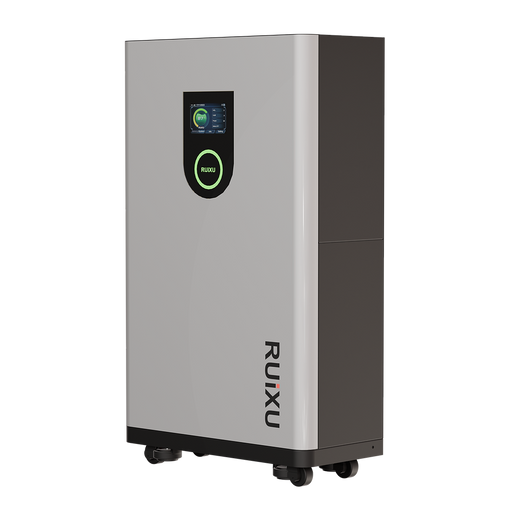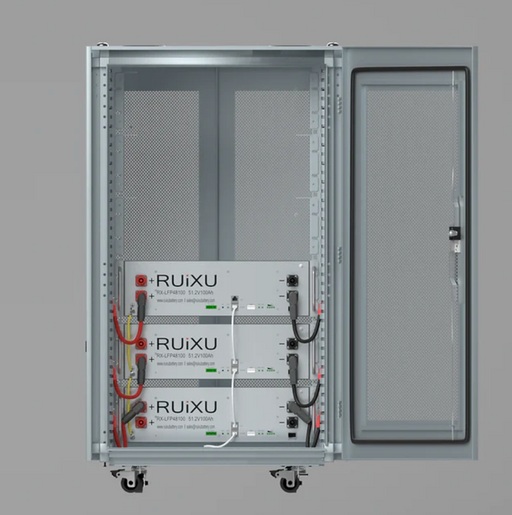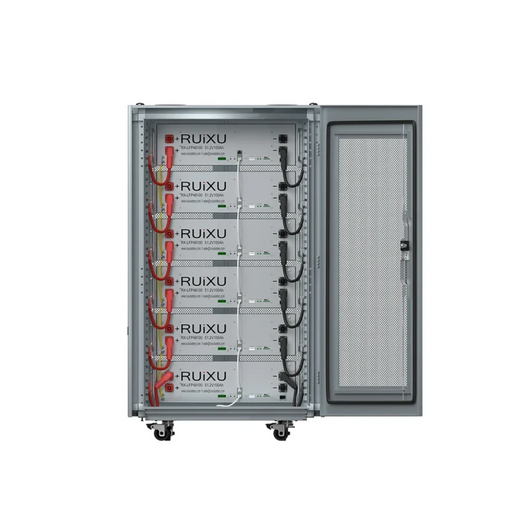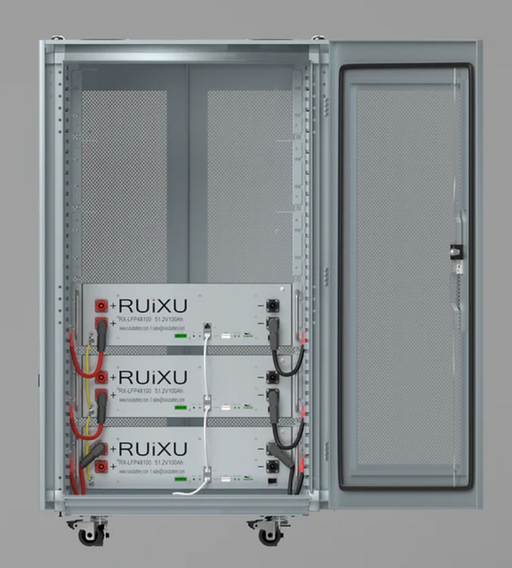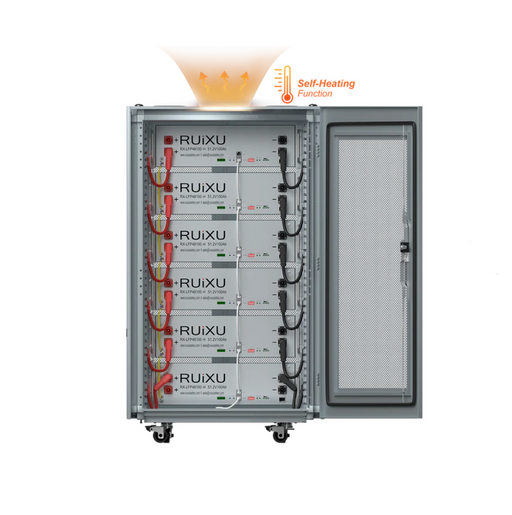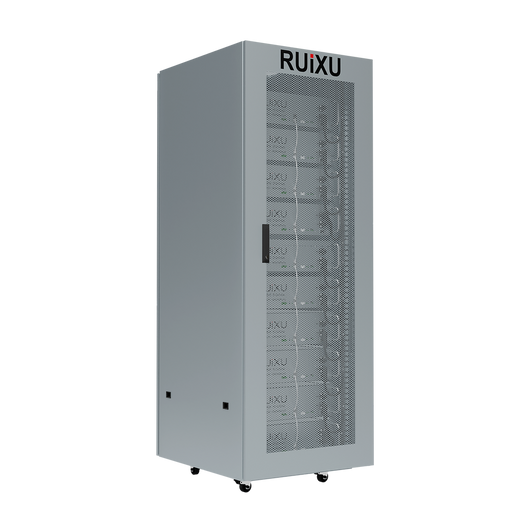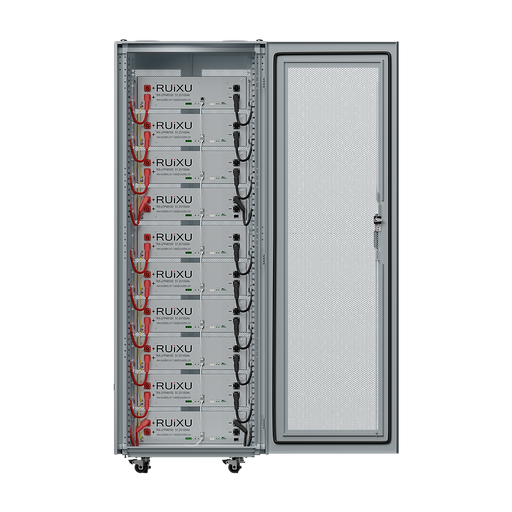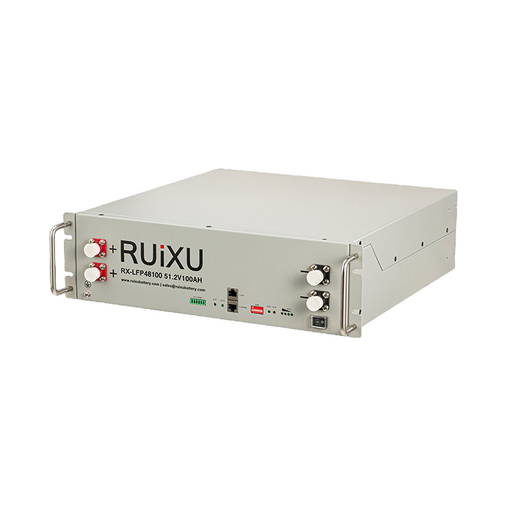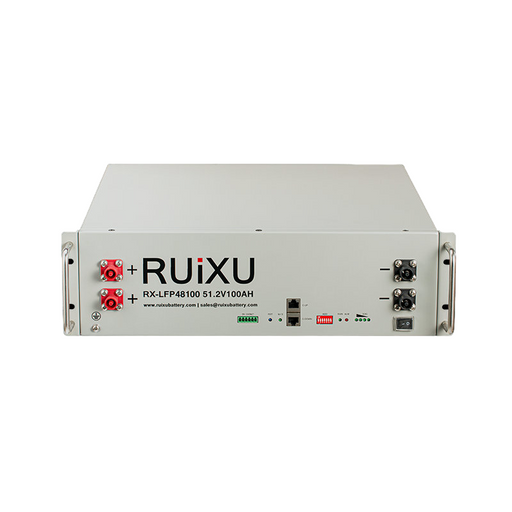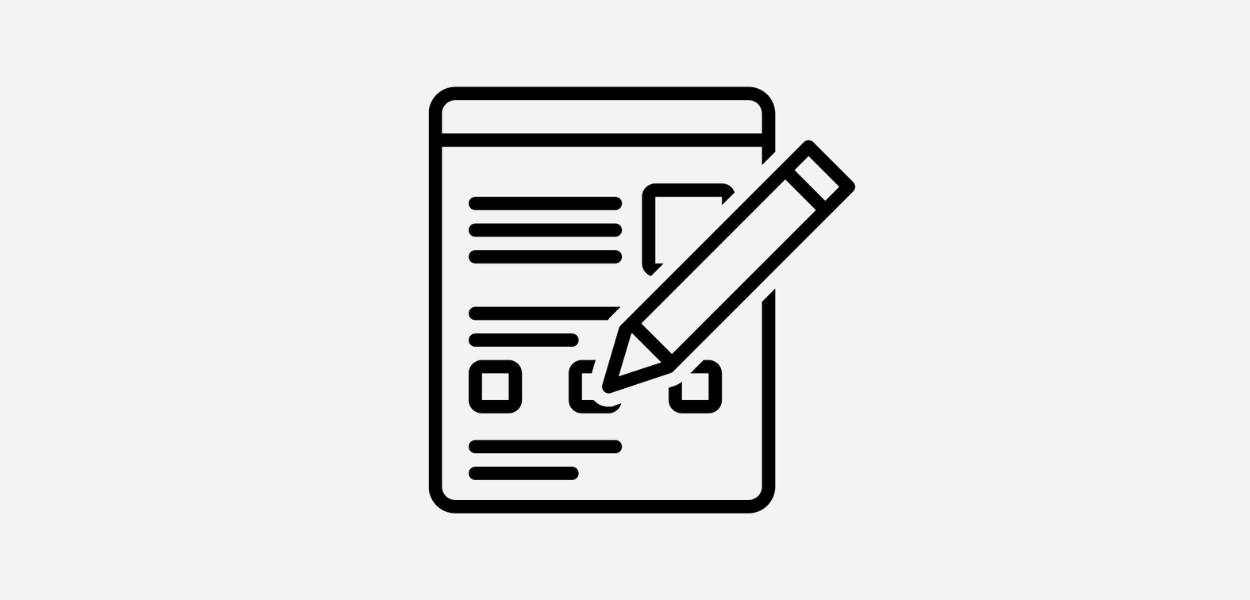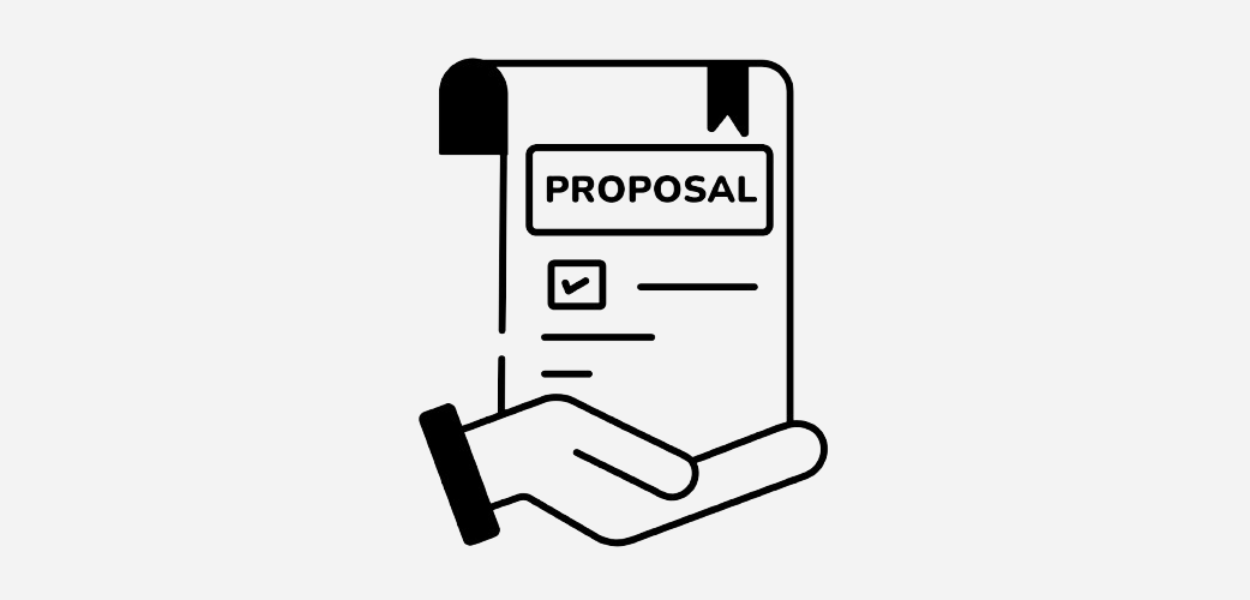Midnite Solar isn’t about hype, it’s about hard-working components that deliver.
Built in the USA and trusted by solar pros, these products are made to last. Whether it’s the solid build of the circuit breakers or the smart engineering behind the charge controllers, you’re getting gear that doesn’t cut corners.
The materials are high-grade. The attention to detail? Spot-on. Midnite classic series gear feels like it was made for you, not the masses.
When you hold it in your hands, you know it’s built to take on real-world conditions—and win.
Thoughtful Design Meets Everyday Simplicity
You shouldn’t need a degree to set up your solar gear. That’s why Midnite Solar focuses on design that just makes sense.
Combiner boxes come with pre-punched knockouts to save time. Lightning arrestors are compact and easy to install. Charge controllers have clean displays and intuitive interfaces that actually help you make smarter decisions about your power.
It’s the little things, like smooth operation, clean wire management, and a layout that works with your system, not against it.
And let’s be honest, it’s nice when your setup looks as good as it works.
Real Features. Real Benefits.
Midnite Solar doesn’t try to dazzle with tech buzzwords. Instead, it delivers where it counts:
- Circuit Breakers: UL-listed, reliable, and easy to reset. These aren’t your average breakers—they’re made for solar loads.
- MPPT Charge Controllers: Maximize the output of your solar panels with precision tracking that squeezes more power from every ray of sunlight.
- Lightning & Surge Arrestors: Your system’s first line of defense against unpredictable weather. Fast, responsive, and tough.
- Solar Array Combiners: Clean up your wiring and protect your investment with combiner boxes that are weatherproof, user-friendly, and rock-solid.
- Inverters: Convert power smoothly and efficiently, so you’re always backed by steady, usable energy systems.
These aren’t add-ons—they’re essentials. And they do exactly what they’re supposed to, without drama.
Ready to Build a Smarter Solar Setup?
Midnite Solar helps you take control of your energy with gear that’s made to last, built to perform, and designed to make life easier.
Browse the full lineup and build your system with confidence.








